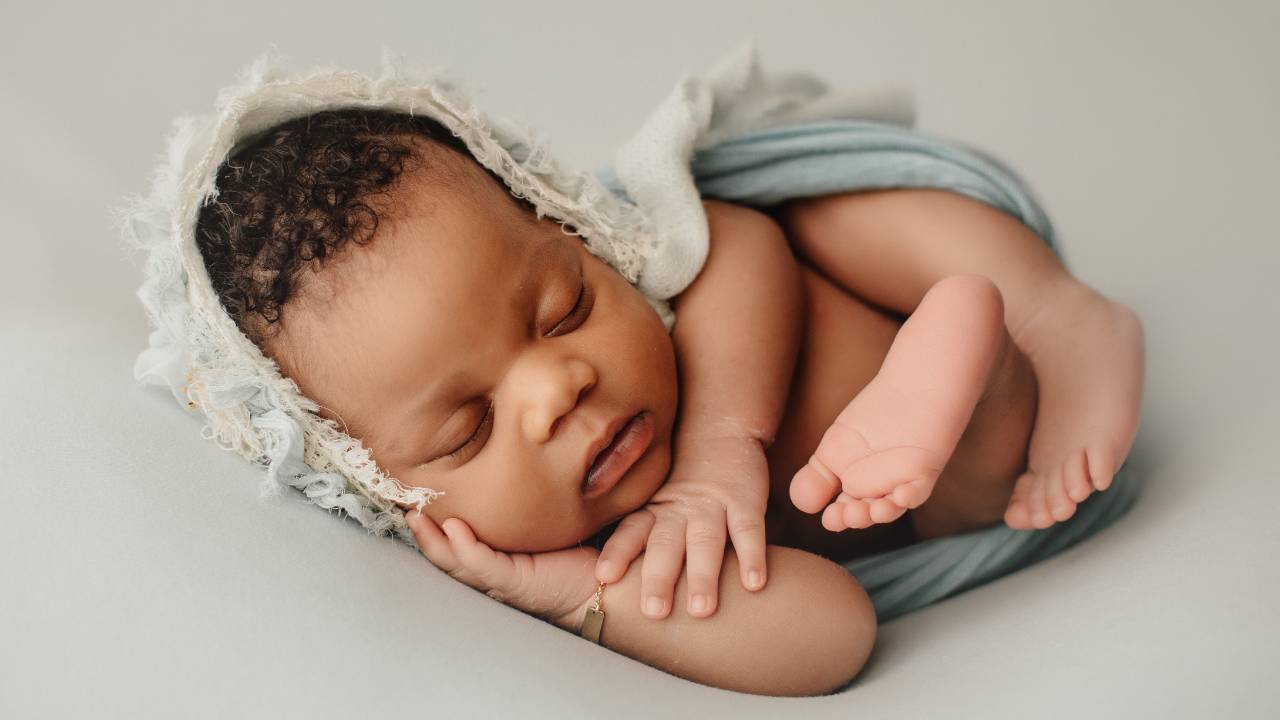
The Trauma Beneath Adoption
Jun 07, 2025We often hear about adoption as a story of rescue. A hopeful solution for families who can’t have children of their own. A win-win. A happy ending.
But that version of the story is missing entire chapters — and the most important voice of all: the adoptee.
Organizations like Adoption Mosaic have become lifelines for adoptive parents like me who want to hear the truth — not just the comforting narrative, but the raw, unvarnished truth. Founded by Astrid Castro, an adoptee from Colombia, Adoption Mosaic holds space for the people who are most impacted by adoption: the adopted. Their monthly panels center the voices of adoptees only — the rest of us are invited to witness, to learn, to be humble. And to be quiet.
The founder once shared how she and her sister were sold on the black market. Her story is not an isolated case. It reflects a broader industry that, for decades, has profited off a crisis. Many pregnant women, especially those in poverty or without support, were never offered the option to parent their children. They were told — or coerced into believing — that adoption was the only choice.
That is not love. That is not empowerment. That is erasure.
The Netherlands has now abolished international adoption altogether — not because caring for a child is wrong, but because the system that surrounded adoption was too often built on unethical practices, grief, and exploitation.
I saw this firsthand. The first birthmother I was matched with chose to parent her child. She changed her mind. And though part of me grieved that loss, another part of me knew: she had saved her daughter from a primal wound. From the trauma that adoption inevitably begins with — the loss of a first mother, a broken attachment, a biological rupture that leaves invisible scars.
My children’s birthmother was not allowed to parent. She had already lost custody of five children. The reasons were complex; the result was the same: a child taken from their mother. A legacy of separation passed down yet again.
Adoption is complicated. And the dominant narrative — that it is primarily a solution for childless parents — centers the needs of the adult, not the child.
We need to ask deeper questions:
-
Would adoption exist if oppression did not exist?
-
Is adoption — at times — a modern form of colonization?
These questions are uncomfortable, but necessary. Because they challenge the savior narrative that so often dominates adoptive parenting. They ask us to shift from what adoption gave me to what adoption cost my child.
If we are to love our children well, we must be willing to see the full picture — including the pain, the corruption, and the systemic injustices that adoption is built upon.
We must be willing to say: I didn’t know. I see it now. I am listening.
We must center the adoptee. And honor their truth.
Postscript
If you’re an adoptive parent navigating these hard truths, I invite you to sit with them — not to fix, but to feel. And when you’re ready, I’d be honored to talk. Schedule a free consultation here.
If you're an adoptee - consider exploring the resources offered by Adoption Mosaic.
Don't miss a beat!
New moves, motivation, and classes delivered to your inbox.
We hate SPAM. We will never sell your information, for any reason.
